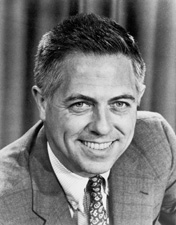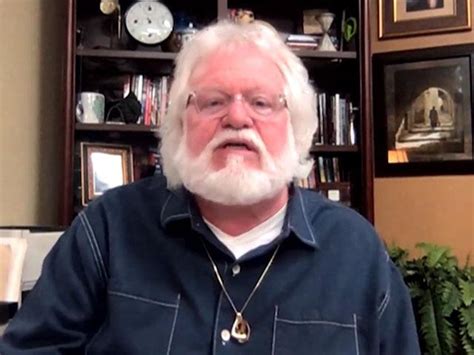A Quote by Pierre-Joseph Proudhon
The idea of God is the type and foundation of the principle of authority and absolutism, which it is our task to destroy or at least to subordinate wherever it manifests itself.
Quote Topics
Related Quotes
Atheism ... in its philosophic aspect refuses allegiance not merely to a definite concept of God, but it refuses all servitude to the God idea, and opposes the theistic principle as such. Gods in their individual function are not half as pernicious as the principle of theism which represents the belief in a supernatural, or even omnipotent, power to rule the earth and man upon it. It is the absolutism of theism, its pernicious influence upon humanity, its paralyzing effect upon thought and action, which Atheism is fighting with all its power.
The most important human endeavor is the striving for morality in our actions. Our inner balance and even our very existence depend on it. Only morality in our actions can give beauty and dignity to life. To make this a living force and bring it to clear consciousness is perhaps the foremost task of education. The foundation of morality should not be made dependent on myth nor tied to any authority lest doubt about the myth or about the legitimacy of the authority imperil the foundation of sound judgment and action.
The universe shows us the life of God, or rather it is in itself the life of God. We behold in it his permanent action, the scene upon which his power is exercised, and in which all his attributes are reflected. God is not out of the universe any more than the universe is out of God. God is the principle, the universe is the consequence, but a necessary consequence, without which the principle would be inert, unfruitful, impossible to conceive.
We stand on no high moral plateau in our time. We are, in fact, plumbing depths of depravity unknown to our ancestors--and whatever may have been the evil in which they engaged, at least they were willing to acknowledge the principle by which their evil was condemned. We have even turned our back on the principle.
Embedded in every technology there is a powerful idea, sometimes two or three powerful ideas. Like language itself, a technology predisposes us to favor and value certain perspectives and accomplishments and to subordinate others. Every technology has a philosophy, which is given expression in how the technology makes people use their minds, in how it codifies the world, in which of our senses it amplifies, in which of our emotional and intellectual tendencies it disregards.
Do you know God? Do you know there is a power greater than ourselves which manifests itself within us as well as everywhere else in the universe? This I call God. Do you know what it is to know God, to have God's constant guidance, a constant awareness of God's presence? To know God is to reflect love toward all people and all creations. To know God is to feel peace within - a calmness, a serenity, an unshakeableness which enables you to face any situation. To know God is to be so filled with joy that it bubbles over and goes forth to bless the world.
Where we go wrong is that we bring along some ready-made idea of God, wherever we may have learned it, and then try to make Jesus Christ fit in with that idea of God. But if we take the idea of a revelation of God in Christ seriously, then we must be willing to have our understanding of God corrected and even revolutionized by what we learn in Jesus Christ.
It depends on the state itself to retain or abolish the principle of representation, because it depends on itself whether it will continue a member of the Union. To deny this right would be inconsistent with the principle on which all our political systems are founded, which is, that the people have in all cases, a right to determine how they will be governed. This right must be considered as an ingredient in the original composition of the general government, which, though not expressed, was mutually understood. . .
Praise causes the presence of the Lord to come into our midst. Even though God is omniscient, He manifests His authority and rule in our environment when we praise Him. When we praise, God comes in and leads us forth... He does not just visit us, but He abides and aligns Himself with us to walk with us into the path that He has chosen for us.
When we assume God to be a guiding principle well, sure enough, a god is usually characteristic of a certain system of thought or morality. For instance, take the Christian God, the summum bonum: God is love, love being the highest moral principle; and God is spirit, the spirit being the supreme idea of meaning. All our Christian moral concepts derive from such assumptions, and the supreme essence of all of them is what we call God.




































